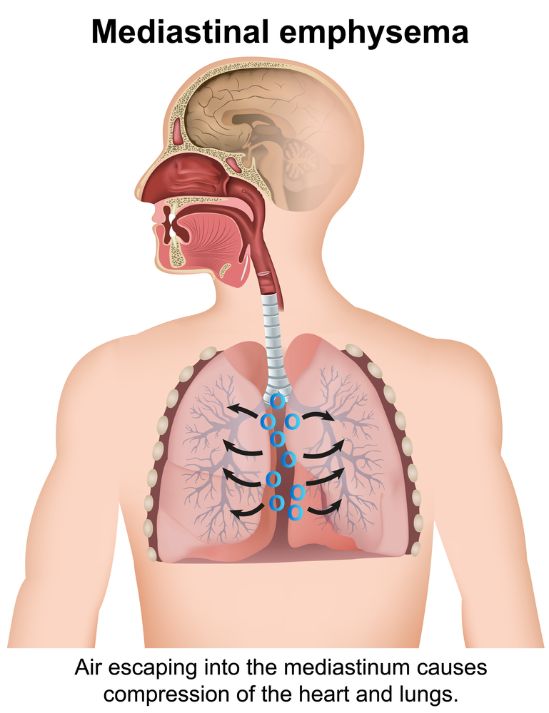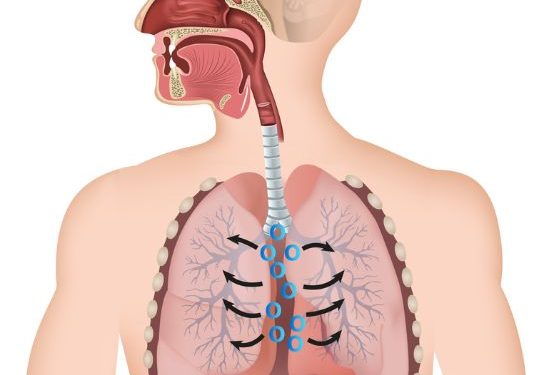Mediastinal tumors are benign or malignant masses that grow on the mediastinum, which is the area in the chest that separates the lungs. The most common types are neurogenic tumors, lymphomas, and germ cell tumors. There are a number of treatment options for mediastinal tumors depending on the type and location. If you have a tumor, it is best to discuss your condition with your doctor and learn more about your prognosis.
Some mediastinal tumors can cause complications because of the location and position of the mass. These can result in a cough, fever, shortness of breath, or chest pain. In addition, a mediastinal tumor can expand to the heart and major vessels. When these tumors become large enough, they can cause significant problems. Depending on the type of tumor, some patients may require surgery or radiation therapy.
Mediastinal tumors can affect the esophagus, trachea, and aorta. They can also affect the nerves in the mediastinum. Symptoms may include shortness of breath, coughing, and swelling of the lymph nodes. Several types of mediastinal tumors can be diagnosed by blood tests. Other tests may be necessary to confirm the diagnosis of certain tumors.
Usually, mediastinal tumors are diagnosed after a physical examination and a chest X-ray. However, a CT scan is often used to make a more accurate diagnosis. This test combines X-ray with a contrast agent to produce detailed cross-sectional images of the chest cavity. A CT-guided needle biopsy is sometimes performed to remove cells for study.

Most of the time, mediastinal tumors are benign. They are formed from abnormal cell growth. In some cases, they can also be congenital. For example, bronchogenic cysts are congenital. But, in other cases, they can develop from a variety of tissue types.
In other cases, the mass is cancerous. These tumors can occur anywhere in the body and they can spread to other areas. Patients should be referred to a thoracic surgeon to determine if surgery is needed. Surgery is the most commonly used treatment for these types of tumors. Surgical resection is usually performed with the use of minimally invasive thoracic surgery. Another option is video-assisted thorascopic surgery.
In addition to these treatments, other methods can be used to treat mediastinal tumors. Chemotherapy can be used to shrink the mass, which can be followed by radiation. Radiation therapy can also be used to kill the remaining cancer cells. Although chemotherapy has been proven to be effective, it can have serious complications. It is advisable to talk with your doctor about any side effects you might experience and how to protect yourself during and after chemotherapy.
Because of the nature of these tumors, it is important to seek out a thoracic surgeon who is a board certified specialist. They will be able to diagnose your condition, and they will be able to recommend the best course of action. Additionally, they can assemble a team of specialists to treat you.
Although mediastinal tumors are rare, they can be debilitating. The right treatment can minimize the symptoms and improve the chances of a successful outcome.









